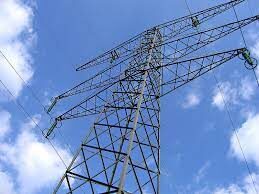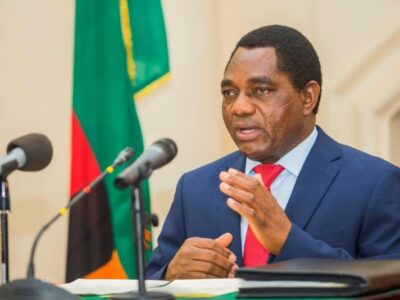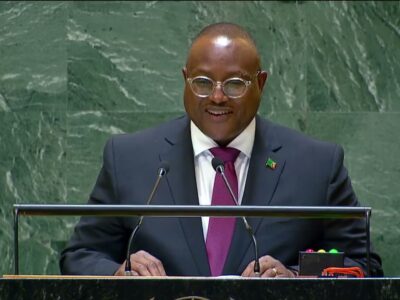Chama North Member of Parliament Yotam Mtayachalo has cautioned Government that over relying on private sector to invest in power generation maybe catastrophic for Zambia.
Mtayachalo said as much as it was a good move to encourage private sector participation in the energy sector, over relying on them maybe catastrophic for the country.
He said on Saturday that because there was no guarantee that they would come on board and invest in the sector because investors tend to favour investments that have short term return on their investments.
Read more: Hichilema acknowledges power outages, insists his govt on top of the situation
Mtayachalo was responding to President Hakainde Hichilema’s Facebook posting on Thursday on the current load shedding, which had affected households and economic activities in the country.
The President informed the nation that his administration was aware of the effects of load shedding and as such the government would implement measures to mitigate the challenges both in the immediate and long term through the Energy Sufficiency Strategy to be undertaken by the Ministry of Energy to expedite the process for investors to develop Independent Power Producers (IPP) to meet current and future electricity demands.
Mtayachalo said it was important to know the immediate measures the Government was undertaking to mitigate the effects of load shedding because economic activities have almost grinded to a halt.
He reminded Government that the Chiluba administration also enjoyed a good relationship with the international community for implementing an International Monitoring Fund (IMF) prescribed economic policies, which led to the amendment of Electricity Act 1995.
Mtayachalo said this paved way for the private sector to invest in the electricity sub sector but the country had not scored any meaningful success stories apart from the 300 megawatts (MW) undertaken by Mamba Collieries.
In order to meet current and future electricity demands, he said the state should continue to invest in both renewable and now renewable sources of energy because forward planning was key to unlocking Zambia’s potential in the energy sector.
“However, it is unfortunate that in the 2023 National Budget there is no budgetary allocation towards power generation and one wonders how the country will achieve three million metric tonnes of copper production in the next few years without corresponding investments in the sector because entirely depending on the private sector as I have already stated maybe catastrophic,” Mtayachalo said.
He commended the former Patriotic Front (PF) government for accelerating the construction of the US$2 billion Kafue Gorge Lower power project which would add 750 MW to the national electricity grid.
Mtayachalo pointed out that this was a single largest power generation investment in more than 45 years after the Kafue Gorge Upper Power Station was commissioned in 1977.
He stated that in twenty years the MMD government was in power there was no significant investment in the sector despite increased economic activities.
Further, Zambia is well positioned in the region and as a member of Southern Africa Power Pool (SAPP) it can become the net exporter of power.
Mtayachalo indicated that Zambia accounts for 40 percent of water bodies in the region and as such the government alongside the private sector should continue to take a leading role in investing in power generation.
“I would like to take this opportunity to advise the new dawn government to emulate other countries in Africa such as Ethiopia whose state power utility is building US$5bn Renaissance Electric power project on the Blue Nile with installed generation capacity of 6450MW of electricity.
“This is due to be completed in 2024 which will not only service Ethiopia but also Egypt and Sudan respectively and will be the largest investment in the whole African region funded by the people of Ethiopia and the government instead of us banking on foreign investors,” Mtayachalo said.












Comments